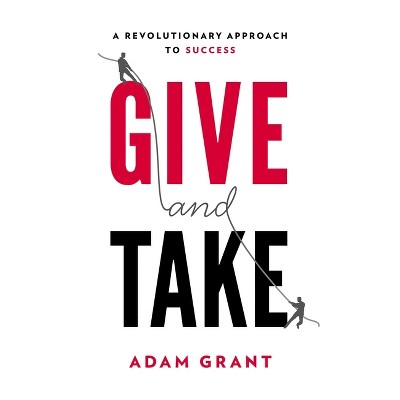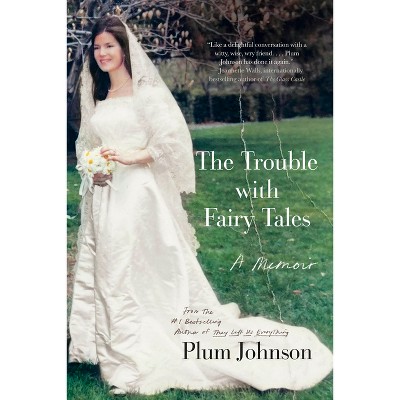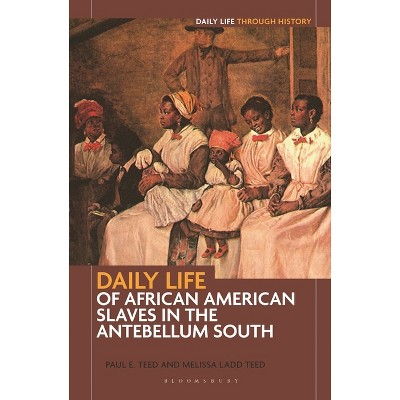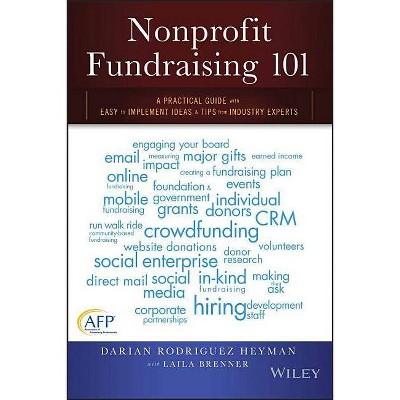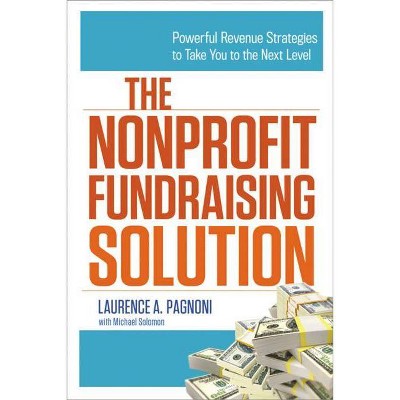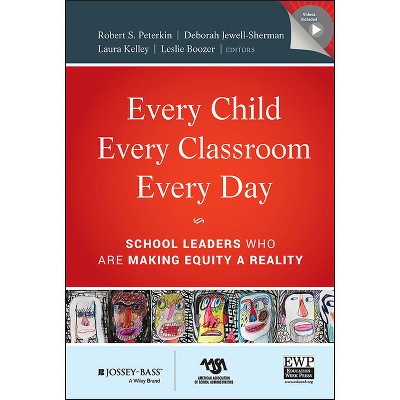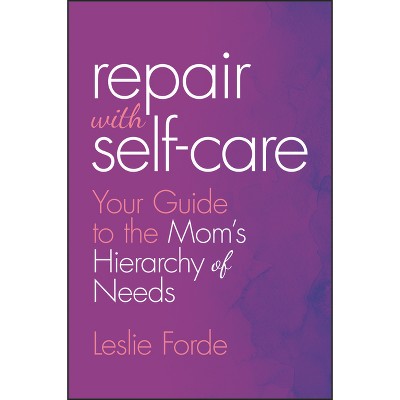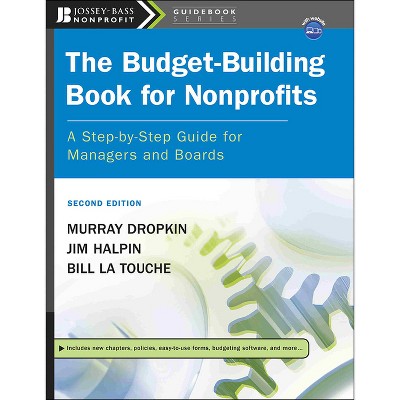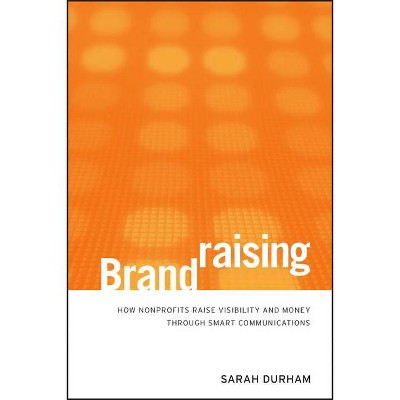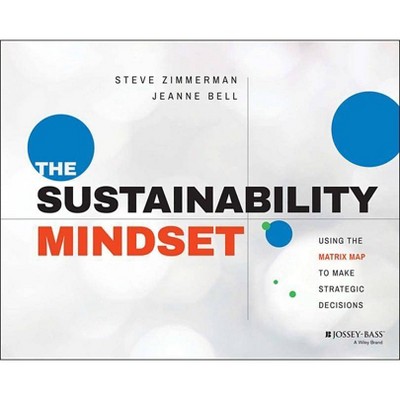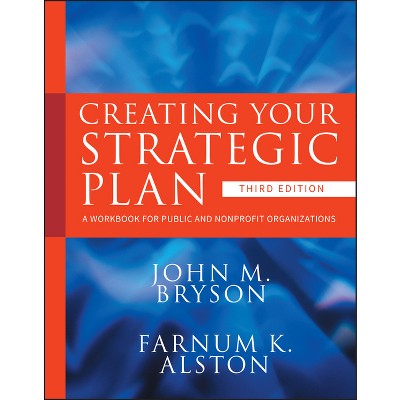Sponsored

Forces for Good - by Leslie R Crutchfield & Heather McLeod Grant (Hardcover)
In Stock
Sponsored
About this item
Highlights
- An updated edition of a groundbreaking book on best practices for nonprofits What makes great nonprofits great?
- About the Author: THE AUTHORS Leslie R. Crutchfield is an author, speaker, philanthropic and nonprofit adviser, and leading authority on scaling social innovation and high-impact philanthropy.
- 464 Pages
- Business + Money Management, Nonprofit Organizations & Charities
Description
About the Book
An updated edition of a groundbreaking book on best practices for nonprofits.Features a new introduction that explores the new context in which nonprofitsoperate and the consequences for these organizations.Book Synopsis
An updated edition of a groundbreaking book on best practices for nonprofitsWhat makes great nonprofits great? In the original book, authors Crutchfield and McLeod Grant employed a rigorous research methodology derived from for-profit books like Built to Last. They studied 12 nonprofits that have achieved extraordinary levels of impact--from Habitat for Humanity to the Heritage Foundation--and distilled six counterintuitive practices that these organizations use to change the world.
- Features a new introduction that explores the new context in which nonprofits operate and the consequences for these organizations
- Includes a new chapter on applying the Six Practices to small, local nonprofits, including some examples of these organizations
- Contains an update on the 12 organizations featured in the original book--how they have fared, what they've learned, and where they are now in their growth trajectory
This book has lessons for all readers interested in creating significant social change, including nonprofit managers, donors, and volunteers.
From the Back Cover
Since the First Edition of Forces for Good was published in 2007 the world has changed significantly. The U.S. and global economies have essentially ground to a halt. Government cutbacks, reduced public support, and less money from corporations have challenged nonprofits like never before.
In the original book, authors Crutchfield and McLeod Grant employed a rigorous research methodology to determine "what makes great nonprofits great?" They studied twelve nonprofits that have achieved extraordinary levels of impact--from Habitat for Humanity to the Heritage Foundation--and distilled six counterintuitive practices that these organizations use to change the world. This revised and updated edition of that bestselling book explores how the recent economic and social upheavals have impacted these noteworthy organizations. In addition, Forces for Good shows how the six practices have been applied successfully to small, local nonprofits.
Despite the enormous changes in the economic landscape, the authors' recent research reaffirms the viability of the original six practices for scaling social impact. This updated book examines a proven framework that helps nonprofits shift from an organizational mind-set to a relational mind-set, from a more industrial era model of production, where the nonprofit produces goods and services for customers, to a networked model, where the nonprofit's mission is to catalyze social change by inspiring others to action.
If you are a nonprofit professional, an agent for social change, a dedicated volunteer, or a concerned donor, this book will serve as a manual for becoming a force for good.
Crutchfield and Grant are the coauthors of the first edition of Forces for Good from Jossey-Bass. Visit their web site www.forcesforgood.net
About the Author
THE AUTHORS
Leslie R. Crutchfield is an author, speaker, philanthropic and nonprofit adviser, and leading authority on scaling social innovation and high-impact philanthropy. She is a senior adviser with FSG Social Impact Consultants and coauthor of Do More Than Give from Jossey-Bass.
Heather McLeod Grant is a consultant, author, speaker, and adviser to high-impact nonprofits and foundations. As a senior consultant at Monitor Institute, her work focuses on scaling social innovations and impact, leveraging networks for social change, and transforming large-scale legacy nonprofits. She also lectures at Stanford University and serves on several nonprofit advisory boards.
Shipping details
Return details
Frequently bought together




Guests also viewed
